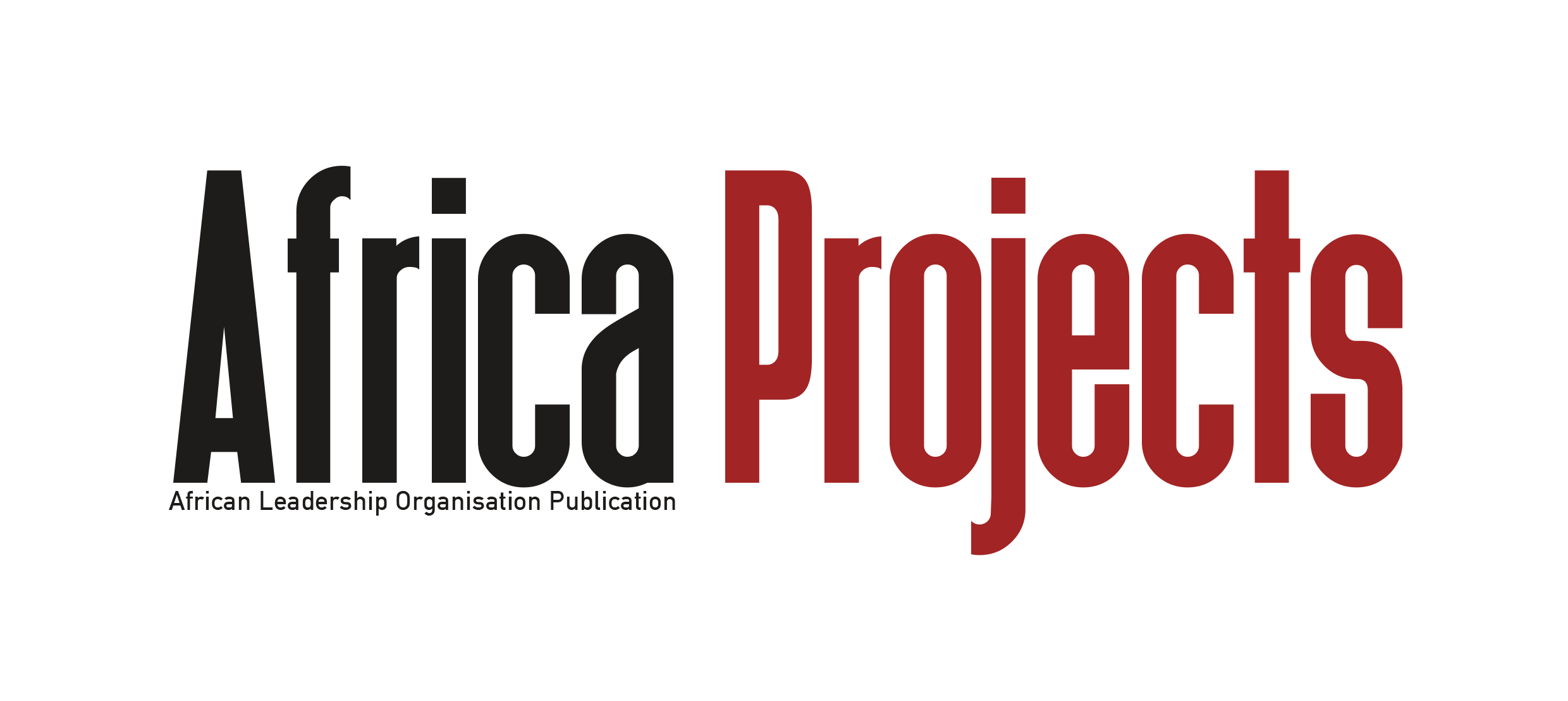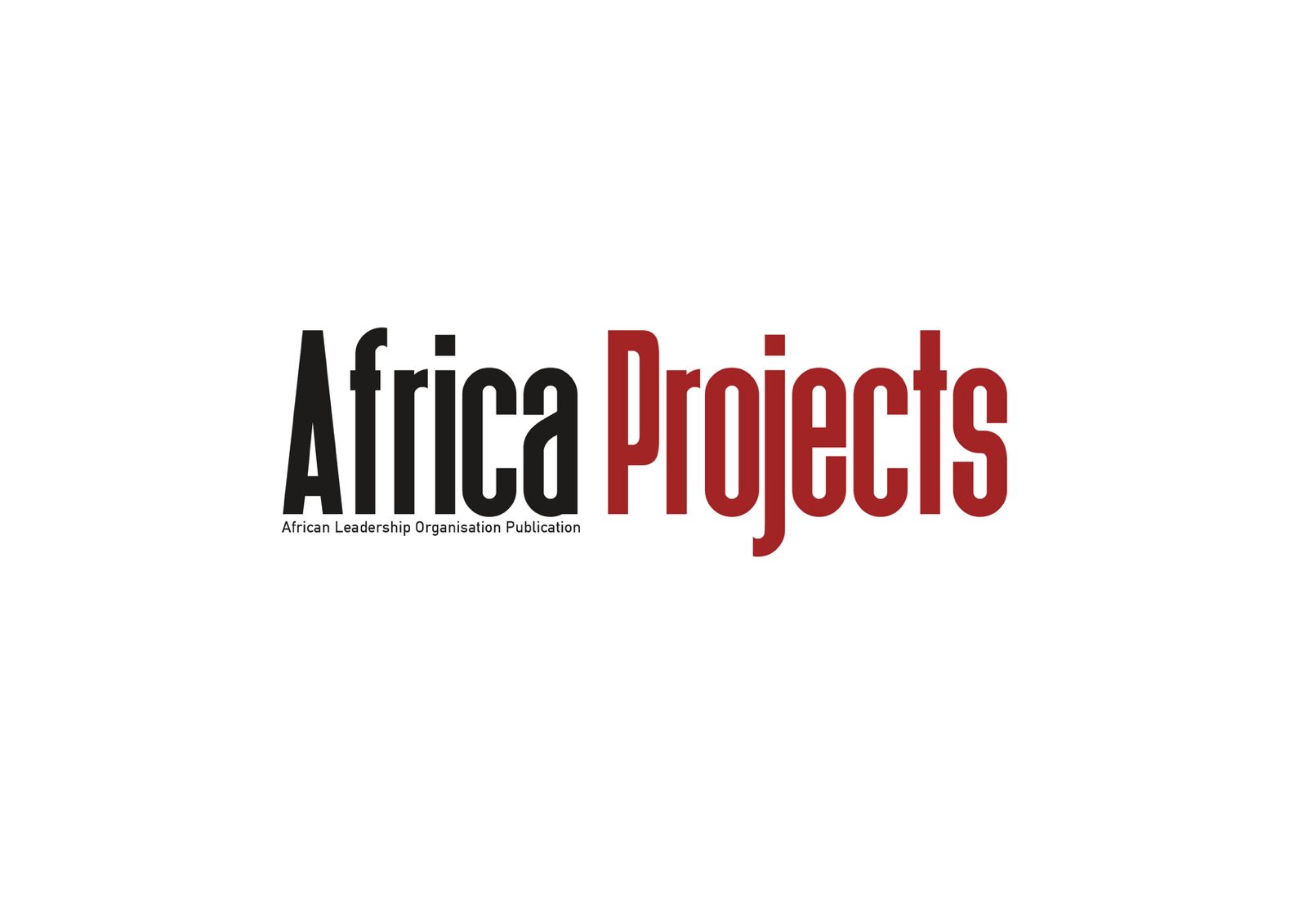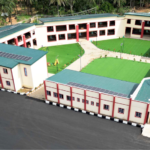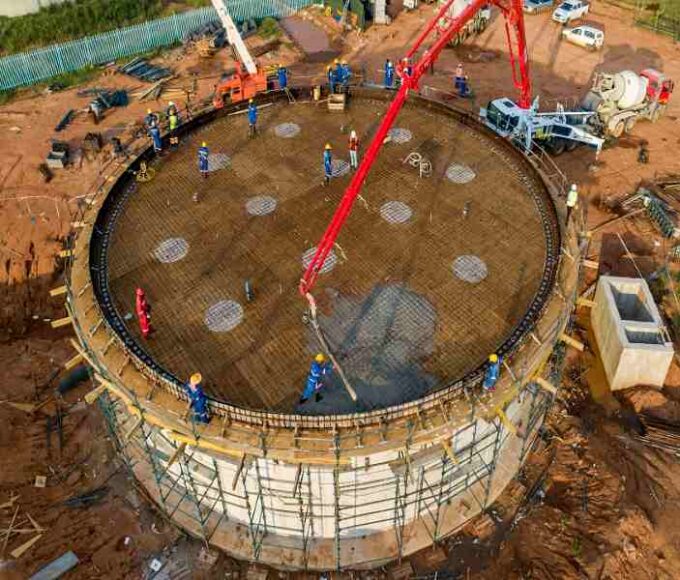- Home
- Features
- Startup Zone
- Projects
- Policies
- Shop
- Policies
- Projects
- Startup Zone
- Country Spotlight
- Analysis
- Tech
- Policies
- Projects
- Startup Zone
- Country Spotlight
- Analysis
- More
- Beyond the Kalashnikov: Africa’s Shift Toward Technology-Driven Warfare
- Afrail Express: Uniting a Continent on Rails
- AFRICA’S ENERGY CORRIDORS: CONNECTING POWER, PEOPLE, AND PROSPERITY
- Startup Lions Campus: Empowering Kenya’s Digital Generation
- L’Art de Vivre’s Le Paradis de Mahdia: Tunisia’s Model for Sustainable Luxury
- The Lobito Corridor: Rewiring Africa’s Trade Arteries Through Strategic Infrastructure
- AFRICA’S GREEN ENERGY TRANSITION: A BEACON OF HOPE FOR CLIMATE ACTION
- Dangote Refinery: Showcasing Africa’s Project Success Story
- AFRICA GREEN ECONOMY: ALL YOU NEED TO KNOW
- The Most Important Amicus Brief in the History of the World
- The Rise of Indigenous UAVs: Africa’s Drone Capabilities in Warfare and Surveillance
- AFRICA’S LARGEST OIL PRODUCERS: A COMPREHENSIVE OVERVIEW
- Beyond the Kalashnikov: Africa’s Shift Toward Technology-Driven Warfare
- Afrail Express: Uniting a Continent on Rails
- AFRICA’S ENERGY CORRIDORS: CONNECTING POWER, PEOPLE, AND PROSPERITY
- Startup Lions Campus: Empowering Kenya’s Digital Generation
- L’Art de Vivre’s Le Paradis de Mahdia: Tunisia’s Model for Sustainable Luxury
- The Lobito Corridor: Rewiring Africa’s Trade Arteries Through Strategic Infrastructure
- AFRICA’S GREEN ENERGY TRANSITION: A BEACON OF HOPE FOR CLIMATE ACTION
- Dangote Refinery: Showcasing Africa’s Project Success Story
- AFRICA GREEN ECONOMY: ALL YOU NEED TO KNOW
- The Most Important Amicus Brief in the History of the World
- The Rise of Indigenous UAVs: Africa’s Drone Capabilities in Warfare and Surveillance
- AFRICA’S LARGEST OIL PRODUCERS: A COMPREHENSIVE OVERVIEW
- Beyond the Kalashnikov: Africa’s Shift Toward Technology-Driven Warfare
- Afrail Express: Uniting a Continent on Rails
- AFRICA’S ENERGY CORRIDORS: CONNECTING POWER, PEOPLE, AND PROSPERITY
- Startup Lions Campus: Empowering Kenya’s Digital Generation
- L’Art de Vivre’s Le Paradis de Mahdia: Tunisia’s Model for Sustainable Luxury
- The Lobito Corridor: Rewiring Africa’s Trade Arteries Through Strategic Infrastructure
- Startup Zone
Top Insights
The Dark Side Of Mining In Africa: Way Forward
Mitigating the dark side of mining in Africa requires a multi-faceted approach that involves governments, mining companies, civil society organizations, and local communities.

Africa is home to an abundance of mineral resources, including gold, diamonds, copper, cobalt, and many others. The mining industry is a significant contributor to the economies of many African countries, providing employment opportunities, generating revenue, and stimulating economic growth.
However, the mining industry in Africa also has a dark side. The sector has been plagued by numerous challenges, including environmental degradation, human rights abuses, corruption, and poverty. In this article, we will explore the dark side of mining in Africa, highlighting the negative impacts of the industry on local communities, the environment, and the economy.
ENVIRONMENTAL DEGRADATION
Mining activities in Africa have resulted in significant environmental degradation. The extraction of minerals often involves the use of toxic chemicals, which can contaminate soil, water, and air. The mining process also generates large amounts of waste, including hazardous materials like mercury and cyanide.
In Ghana, for example, the mining industry has been linked to the destruction of forests, the pollution of rivers, and the displacement of local communities. The country’s gold mining sector, in particular, has been criticized for its environmental impacts, including the use of mercury and the destruction of cocoa farms.
HUMAN RIGHTS ABUSES
The mining industry in Africa has also been linked to numerous human rights abuses. Local communities have been displaced from their lands to make way for mining operations, often without adequate compensation or consultation.
In the Democratic Republic of Congo (DRC), for example, the mining industry has been linked to the exploitation of artisanal miners, including children. The DRC is home to an estimated 40,000 artisanal miners, many of whom work in dangerous conditions without access to basic safety equipment or social protections.
CASE STUDY: COBALT MINNING IN THR DRC
The DRC is the world’s largest producer of cobalt, a mineral used in the production of batteries for electric vehicles. However, the cobalt mining industry in the DRC has been linked to numerous human rights abuses, including child labor, forced labor, and violence against local communities.
In 2019, a report by the International Labor Organization (ILO) found that over 40,000 children were working in cobalt mines in the DRC. The report also found that many of these children were exposed to toxic chemicals and were at risk of serious injury or death.
CASE STUDY: OIL SPILLS IN NIGERIA
Nigeria is Africa’s largest oil producer, but the country’s oil industry has been plagued by numerous environmental disasters, including oil spills. In 2010, an oil spill in the Niger Delta region of Nigeria released an estimated 3.3 million barrels of oil into the environment, causing widespread damage to local ecosystems and communities.
The oil spill had a devastating impact on local communities, including the Ogoni people, who have long suffered from environmental degradation and human rights abuses related to oil extraction.
CASE STUDY: URANIUM MINNING IN NIGER
Niger is one of the world’s largest producers of uranium, a mineral used in the production of nuclear energy. However, the uranium mining industry in Niger has been linked to numerous environmental and health problems, including radiation exposure and water pollution.
In 2013, a report by the French non-governmental organization, Sherpa, found that uranium mining in Niger had resulted in significant environmental damage, including the contamination of water sources and the destruction of local ecosystems.
CORRUPTION
Corruption is another significant challenge facing the mining industry in Africa. The sector is often characterized by opaque dealings, corrupt practices, and a lack of transparency.
In South Africa, for example, the mining industry has been criticized for its lack of transparency and accountability. The country’s mining sector is dominated by a handful of large companies, which often have close ties to government officials and politicians.
POVERTY AND INEQUALITY
Despite the significant revenues generated by the mining industry, many African countries remain plagued by poverty and inequality. The benefits of mining often accrue to a small elite, while local communities bear the costs of environmental degradation and social disruption.
In Zambia, for example, the mining industry has been criticized for its failure to deliver benefits to local communities. The country’s copper mining sector, in particular, has been linked to poverty, inequality, and environmental degradation.
Mitigating the dark side of mining in Africa requires a multi-faceted approach that involves governments, mining companies, civil society organizations, and local communities. Here are some strategies that can help:
Strengthen regulatory frameworks: Governments should establish and enforce strong regulations to ensure that mining companies operate in a responsible and sustainable manner.
Promote transparency and accountability: Mining companies should be transparent about their operations, including their environmental and social impacts. Governments and civil society organizations should hold companies accountable for their actions.
Conduct environmental and social impact assessments: Mining companies should conduct thorough environmental and social impact assessments to identify potential risks and develop strategies to mitigate them.
Implement sustainable mining practices: Mining companies should adopt sustainable mining practices, such as using renewable energy, reducing water usage, and rehabilitating mined land.
Respect human rights: Mining companies should respect the human rights of local communities, including their right to free, prior, and informed consent.
Provide fair compensation and benefits: Mining companies should provide fair compensation and benefits to local communities, including royalties, employment opportunities, and infrastructure development.
Support community development: Mining companies should support community development initiatives, such as education, healthcare, and infrastructure development.
Encourage artisanal and small-scale mining: Governments and mining companies should encourage artisanal and small-scale mining, which can provide employment opportunities and income for local communities.
Develop capacities and skills: Governments and mining companies should develop the capacities and skills of local communities, including training and education programs.
Foster collaboration and partnerships: Governments, mining companies, civil society organizations, and local communities should foster collaboration and partnerships to promote sustainable mining practices and mitigate the negative impacts of mining.
ROLE OF GOVERNMENTS
Establish and enforce regulations: Governments should establish and enforce strong regulations to ensure that mining companies operate in a responsible and sustainable manner.
Provide oversight and monitoring: Governments should provide oversight and monitoring of mining operations to ensure that companies are complying with regulations and mitigating negative impacts.
Support community development: Governments should support community development initiatives, such as education, healthcare, and infrastructure development.
ROLE OF MINNING COMPANIES
Adopt sustainable mining practices: Mining companies should adopt sustainable mining practices, such as using renewable energy, reducing water usage, and rehabilitating mined land.
Respect human rights: Mining companies should respect the human rights of local communities, including their right to free, prior, and informed consent.
Provide fair compensation and benefits: Mining companies should provide fair compensation and benefits to local communities, including royalties, employment opportunities, and infrastructure development.
ROLE OF CSOs
Monitor and report on mining operations: Civil society organizations should monitor and report on mining operations to ensure that companies are complying with regulations and mitigating negative impacts.
Support community development: Civil society organizations should support community development initiatives, such as education, healthcare, and infrastructure development.
Advocate for policy changes: Civil society organizations should advocate for policy changes to promote sustainable mining practices and mitigate the negative impacts of mining.
CONCLUSION
The mining industry in Africa is a complex and multifaceted sector, which presents both opportunities and challenges. While the industry has the potential to generate significant revenues and stimulate economic growth, it also poses numerous risks to local communities, the environment, and the economy.
Recent Posts
Related Articles
Blockchain for Energy: Can Africa Lead the Charge?
The energy sector in Africa is at a pivotal crossroads. With a...
ByafricaprojectSeptember 23, 2025Women in South African Construction: Progress and the Road to Equality Ahead of Women’s Day 2025
As South Africa approaches National Women’s Day on August 9, 2025, there’s...
Byadmag_adminJune 12, 2025Water Works: The Infrastructure Behind Africa’s Urban Thirst
Africa’s cities are facing a growing water crisis, with millions of people...
Byadmag_adminJune 12, 2025Urban Housing at Scale: Can Africa Build 100 Million Affordable Homes by 2035?
Africa faces an unprecedented urban housing challenge driven by rapid population growth,...
Byadmag_adminJune 12, 2025













